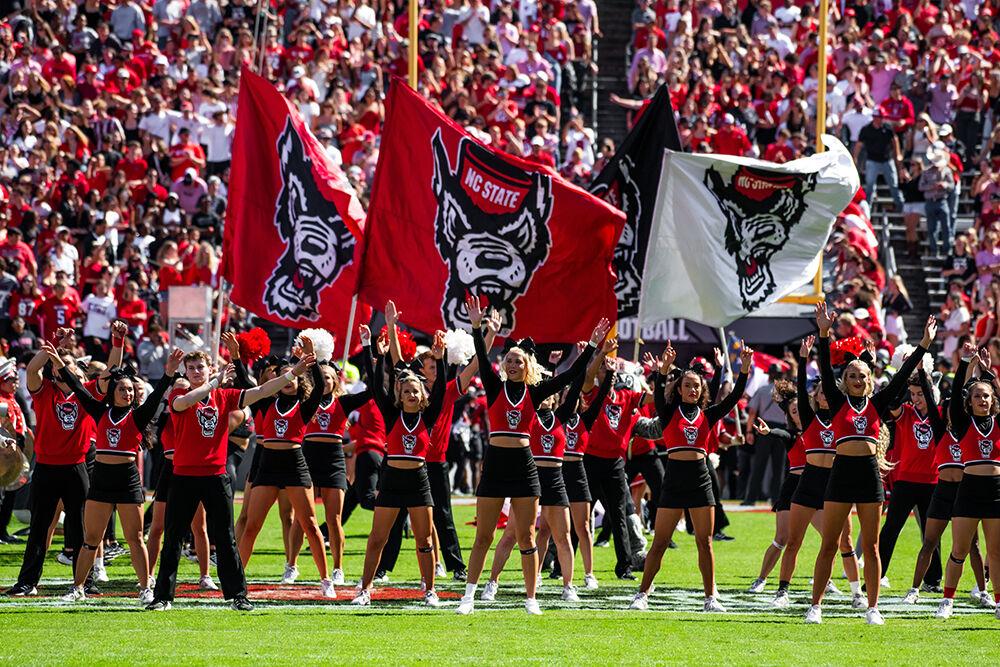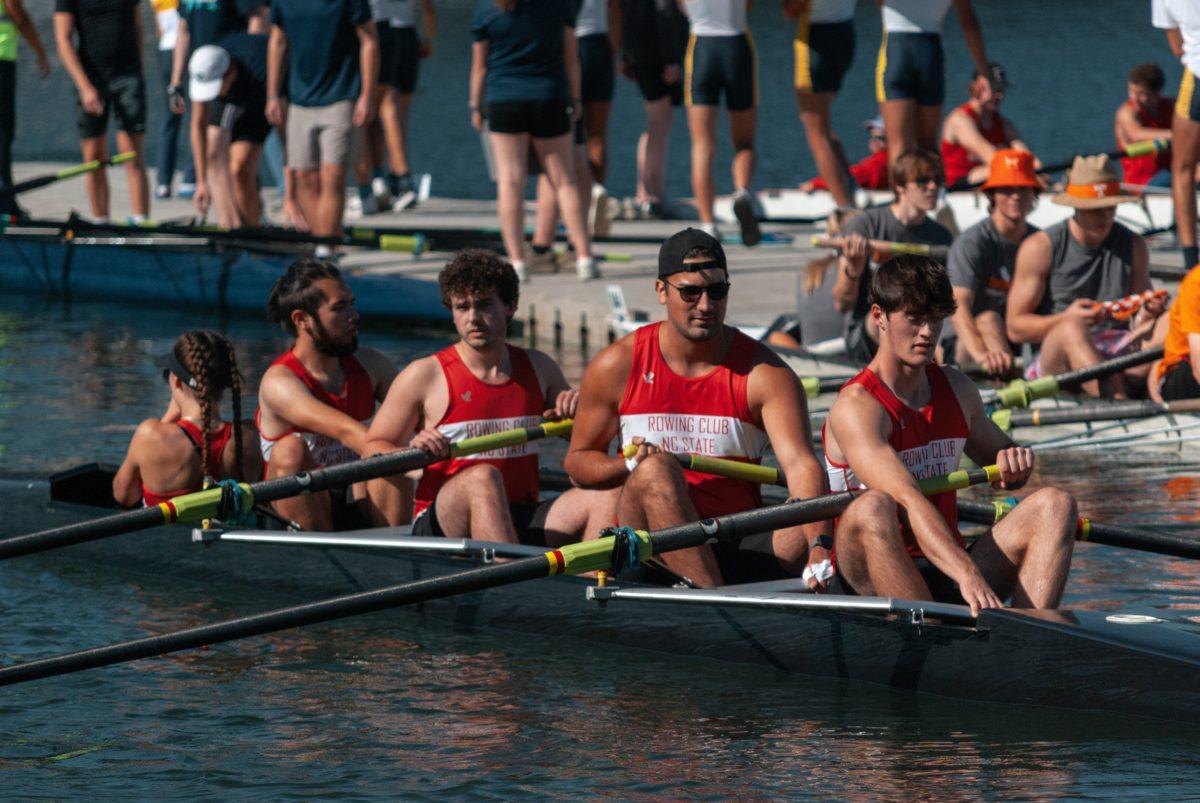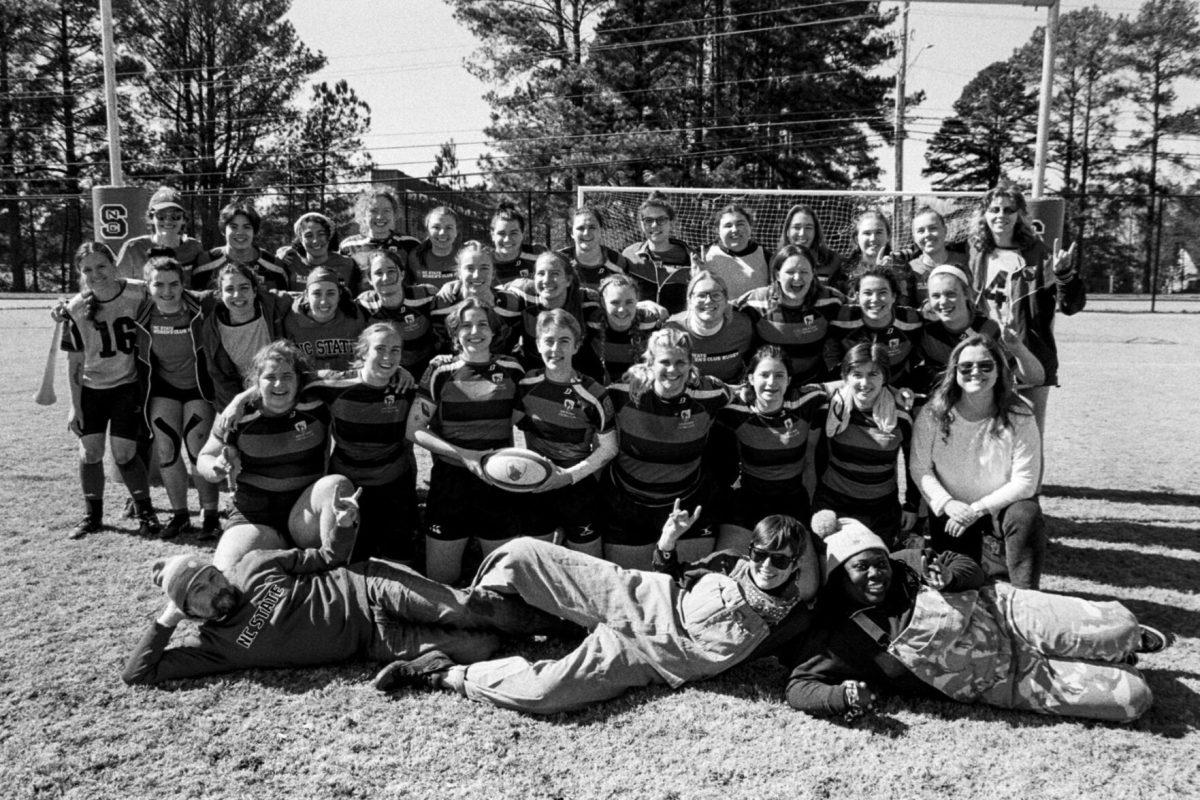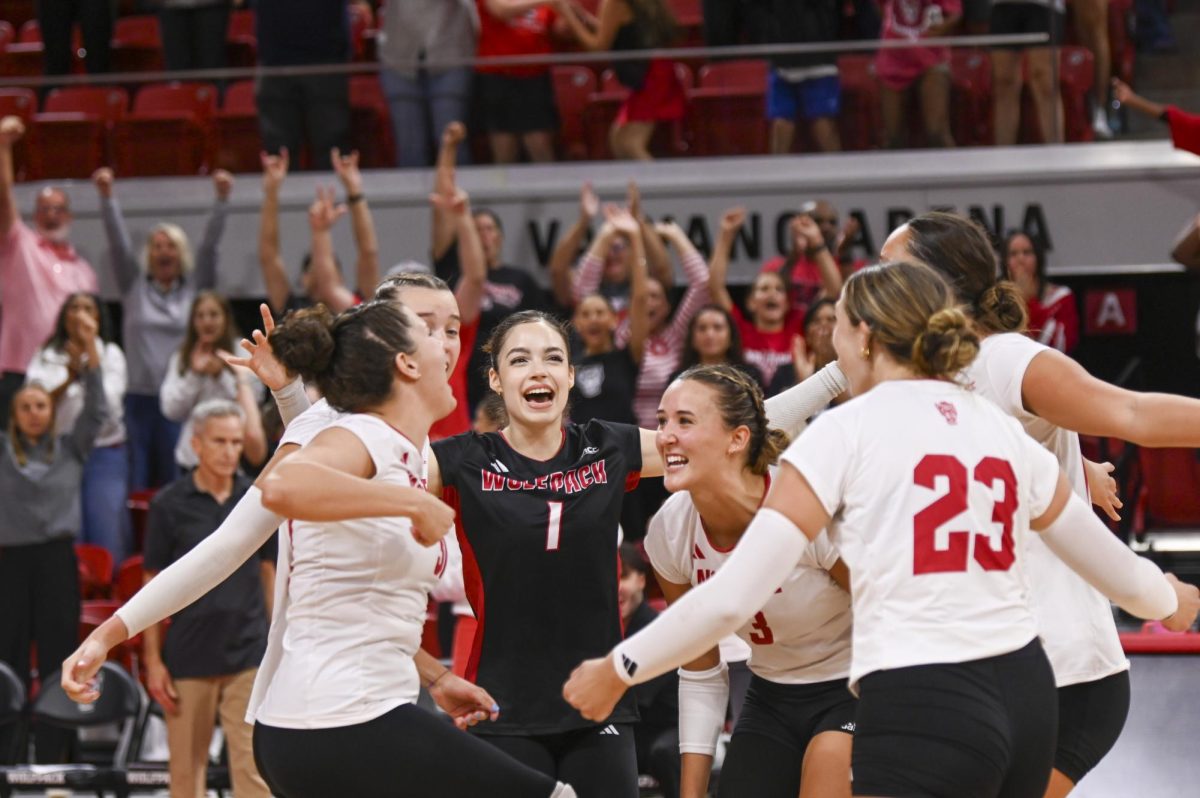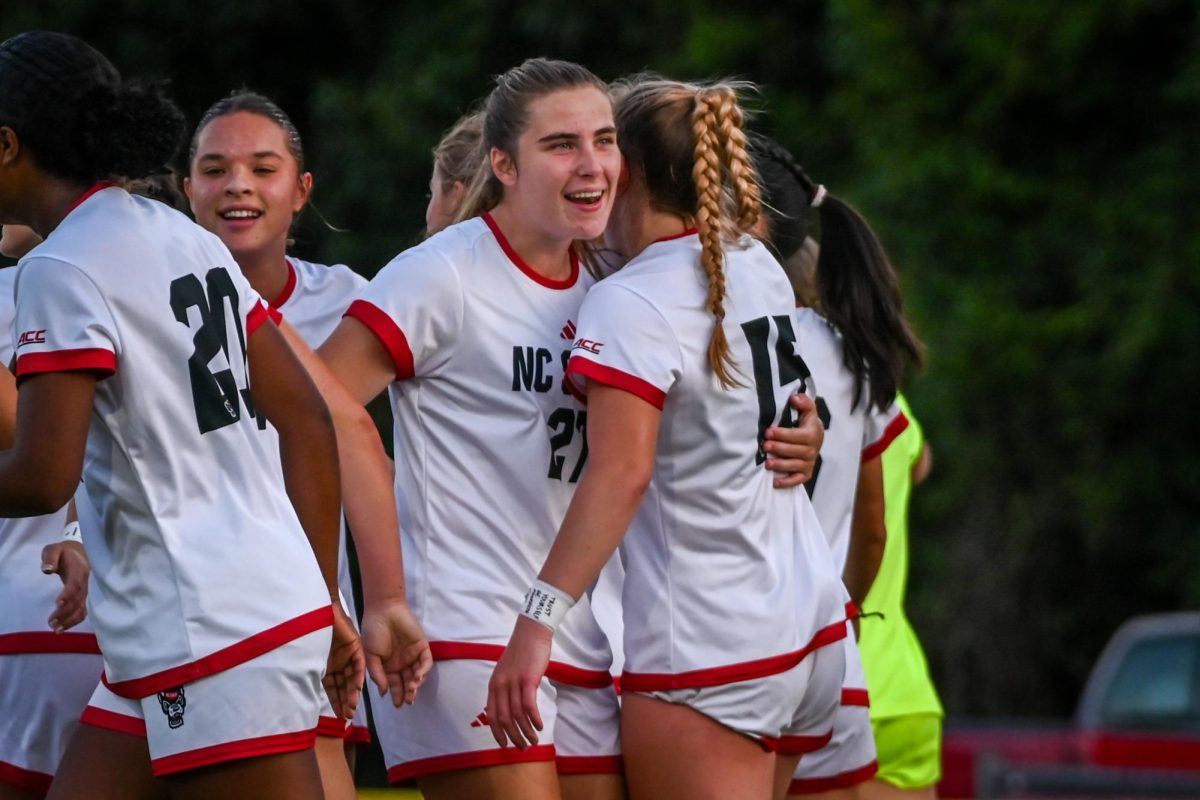Despite the impression some people get when they hear the term “esports,” the impact of competitive video gaming is growing each year. As competitions at the highest level of gaming continue to rake in viewership, many colleges are assessing the plausibility of successful collegiate esports programs.
There are currently 175 colleges and universities that are members of the National Association of Collegiate Esports. These schools have recognized the potential that competitive esports teams have to not only draw talented gamers into their programs but also to grow their brand recognition as a college to a new and more diverse audience.
A growing trend in college esports is smaller schools tend to be the most interested in starting varsity programs for competitive gaming. Of those smaller schools, colleges such as Maryville, Robert Morris and Miami (Ohio) have developed some of the most prestigious varsity esports programs in the country.
In the early days of collegiate gaming, the potential benefit for the smaller schools made it far more worth it to them than it was to larger universities. Varsity esports programs allowed them a level of exposure that couldn’t be attained through traditional sports, which has been dominated by Power Five schools which have access to more money to feed into their programs.
It wasn’t until 2017 that the University of Utah decided to go against the grain, becoming the first Power Five school to begin a varsity esports program. In the time since making this bold move, Utah has quickly used its influence and program funding to become one of the best esports programs in the country.
While Utah has proven to be a beacon of hope pertaining to the heights Power Five schools can reach with a well-funded varsity program, other schools with such influence have been slow to jump on board. As such a new industry, with expectations for viewership and revenue not set in stone yet, many schools are hesitant to fund esports programs in fear of low return on investment.
NC State has been testing the esports waters in recent years with the esports club and the League of Legends program. Since the organization was officially created in 2018, NC State has won $68,000 in scholarship money and represented North America as one of the top eight collegiate programs in the 2018-19 season.
League of Legends at NC State is developing into a very competitive program on a national level, and with more support from the University, its probability of reaching maximum potential is only getting higher. With that being known, why should NC State stop at competing in only one game?
While League of Legends is a great starting point for colleges to get introduced to the esports scene, getting ahead of the majority of schools in all games would give NC State the edge as an established competitor in varsity esports. This would surely pay off with an increase in popularity for esports becoming seemingly inevitable as viewership increases each year.
Other esports scenes that have been taking off recently include Rocket League, Dota 2, Tom Clancy’s Rainbow Six Siege, Valorant and Call of Duty, all of which would serve as great games for NC State to take part in. The esports club has done everything it can with limited resources, so it’s time for NC State to look into options to support our teams.
The days of criticizing and degrading esports are long gone, with competitive gaming taking the world by storm. The COVID-19 pandemic only added fuel to the esports fire, as sports fans were often left with no choice but to use competitive video games to get their fix for sports content. The earlier NC State can go all-in on creating a well-composed program that fosters teams for various games, the better.



